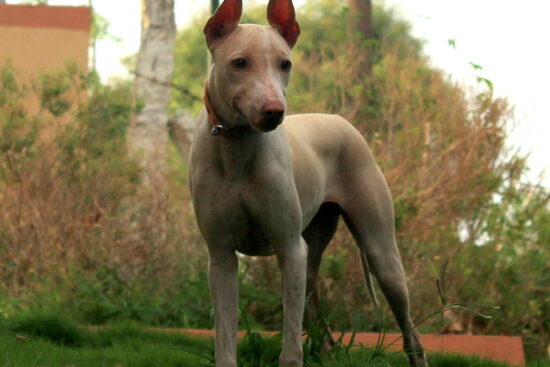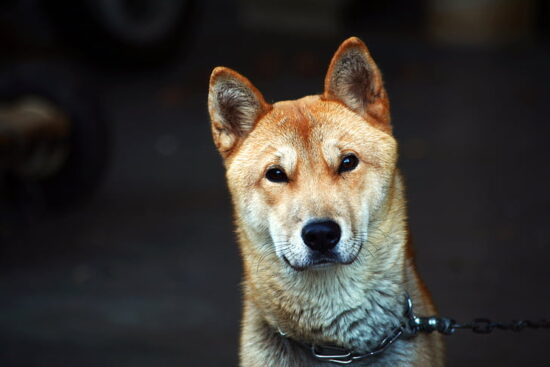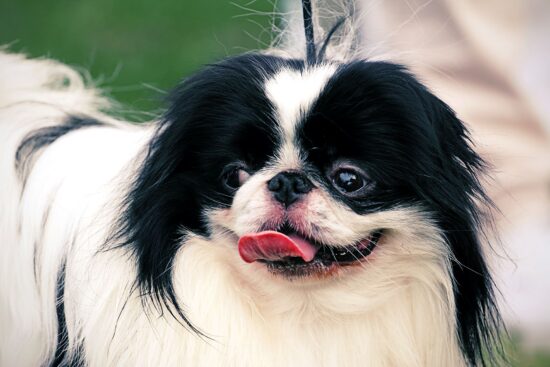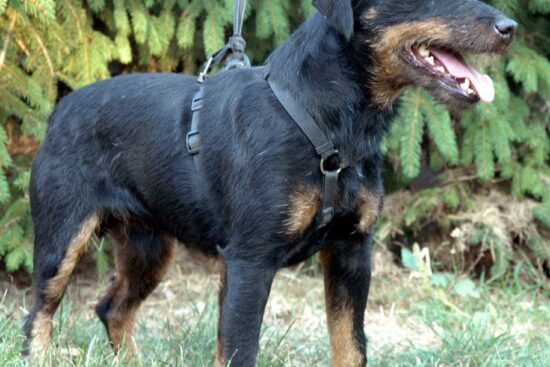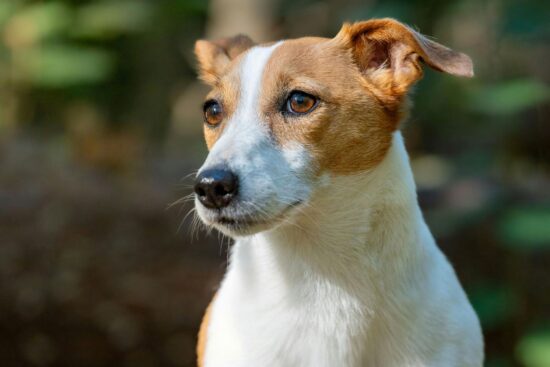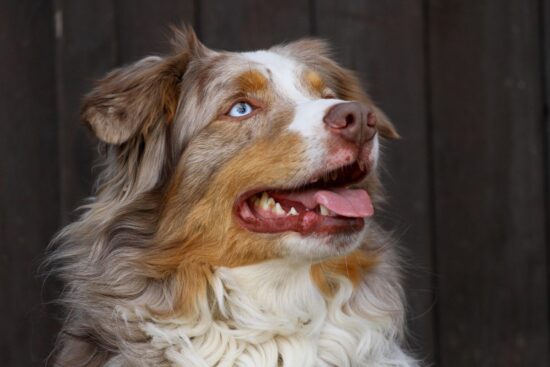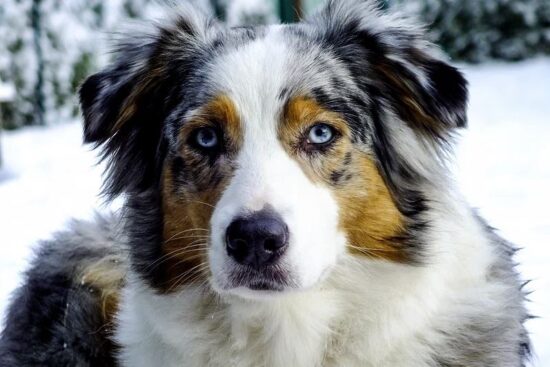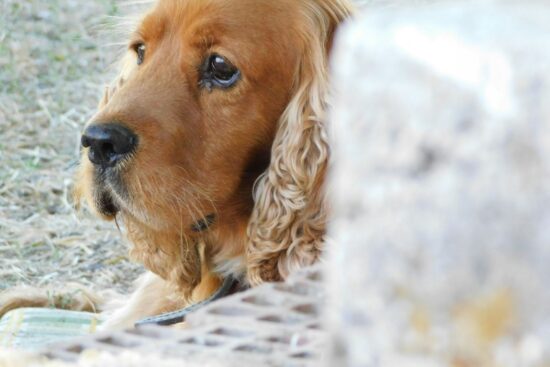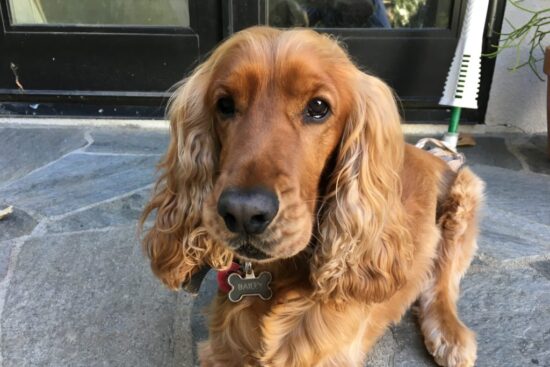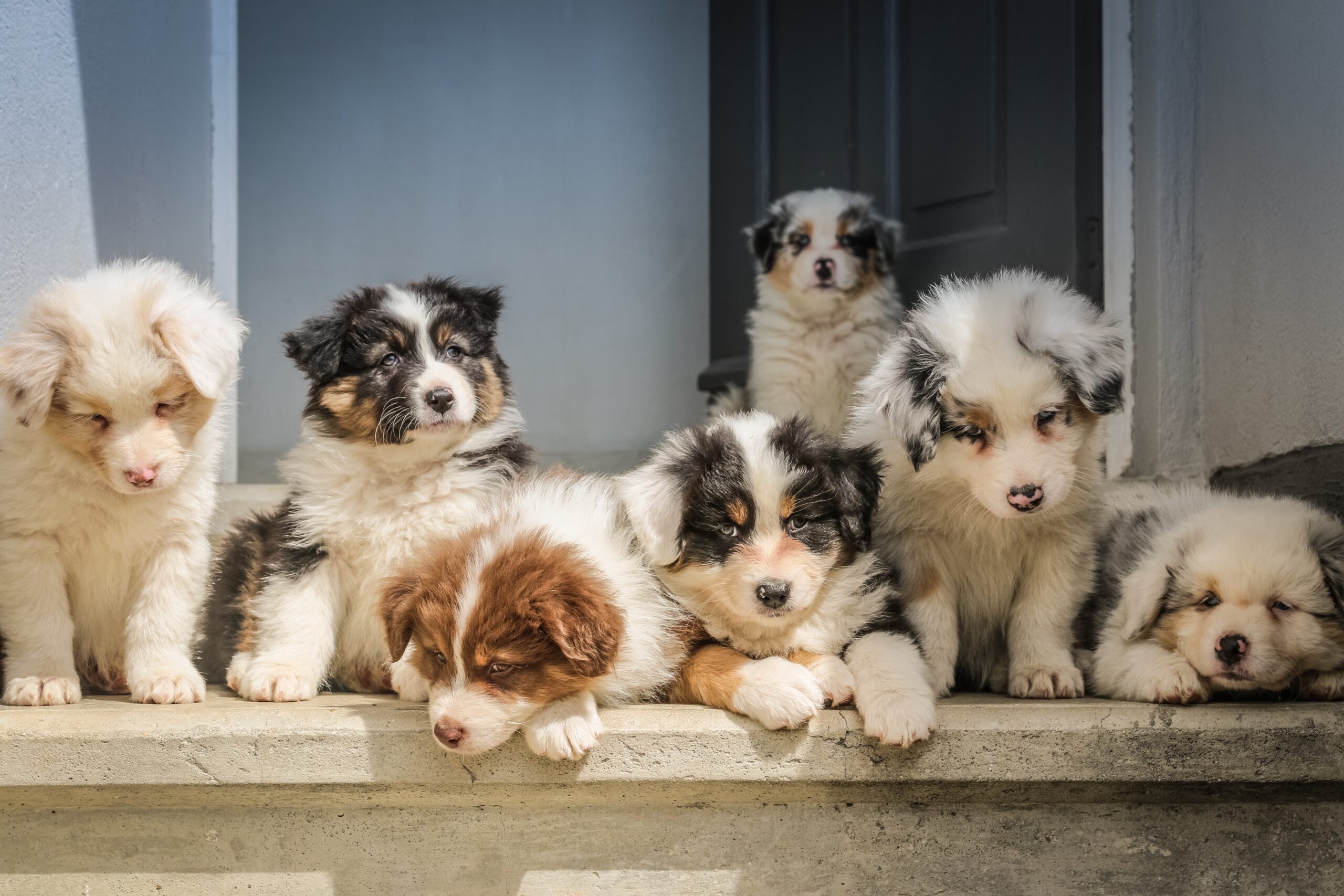
Introduction: Socializing your puppy is a crucial aspect of their early development. It helps them become well-rounded, confident, and adaptable dogs. In this blog post, we will explore the significance of puppy socialization and provide valuable tips for ensuring proper socialization. Let’s dive in!
Why Puppy Socialization is Important
- Building Confidence: Socializing your puppy exposes them to various people, animals, environments, and situations, helping them develop confidence and resilience.
- Preventing Behavioral Issues: Proper socialization decreases the likelihood of fear, aggression, and anxiety-related behaviors later in life.
- Enhancing Communication Skills: Early socialization allows puppies to learn appropriate communication and body language with other dogs and humans.
Start Puppy Socialization Early and Take it Slow
- Begin Early: The critical period for puppy socialization is between 3 to 14 weeks. Start introducing them to new experiences, people, and animals as soon as you bring them home.
- Gradual Exposure: Gradually expose your puppy to different environments, sounds, surfaces, and stimuli to prevent overwhelming experiences. Ensure each interaction is positive and stress-free.
Control Puppy Socialization Interactions
- Choose Safe Environments: Opt for controlled environments, such as puppy training classes, well-maintained dog parks, or playdates with known friendly dogs.
- Positive Reinforcement: Reward your puppy with treats, praise, and affection for calm and appropriate behavior during social interactions.
- Supervision: Always supervise interactions to ensure the safety and well-being of your puppy and others involved.
Expose Your Puppy to Diverse Experiences
- Meeting New People: Introduce your puppy to individuals of different ages, ethnicities, and appearances. Encourage gentle handling and positive interactions.
- Encountering Other Animals: Arrange supervised meetings with well-socialized dogs, cats, and other animals to foster positive experiences.
- Environmental Exposure: Expose your puppy to various sounds, surfaces, objects, and environments (e.g., car rides, different flooring) to build their confidence.
Dog Training and Obedience
- Basic Commands: Teach your puppy basic obedience commands, such as sit, stay, and come. This establishes a foundation for communication and reinforces positive behavior during socialization.
Related Article: https://pawsandpointers.com/basic-dog-training-commands-teach-your-dog-essential-commands-such-as-sit-stay-come-and-down/ - Leash Training: Train your puppy to walk calmly on a leash, promoting control and confidence during walks and encounters with other dogs and people.
Related article: https://pawsandpointers.com/mastering-the-art-of-leash-training-and-loose-leash-walking/
Seek Puppy Socialization Professional Guidance
- Puppy Socialization Classes: Enroll your puppy in puppy socialization classes led by experienced trainers who can provide guidance and structured socialization opportunities.
- Consult a Professional: If you encounter behavioral concerns or challenges during the socialization process, consult a professional dog trainer or behaviorist for personalized advice.
Proper puppy socialization is a vital investment in your furry friend’s future. By introducing them to a wide range of experiences, people, and animals in a positive and controlled manner, you can help them grow into confident, well-behaved adult dogs. Remember, early and gradual socialization is key, and seeking professional guidance when needed ensures a successful socialization journey for your puppy.











